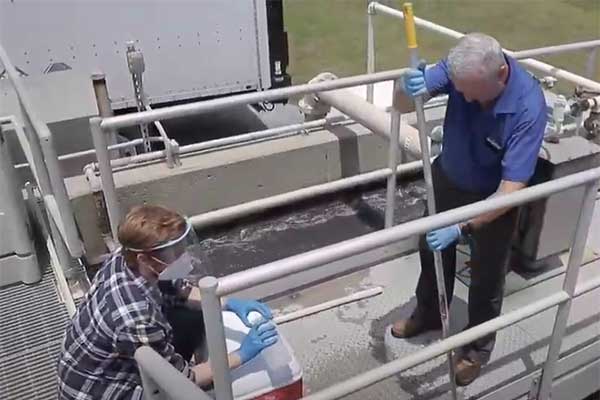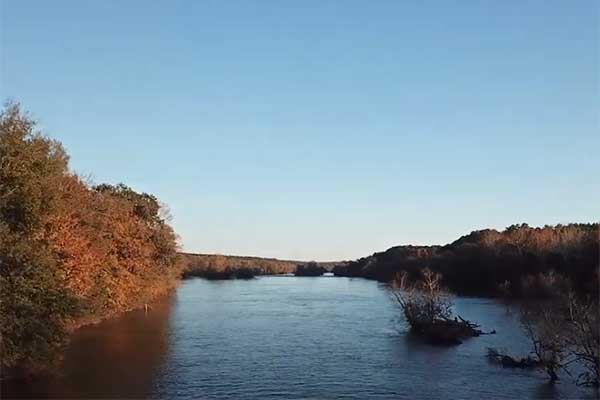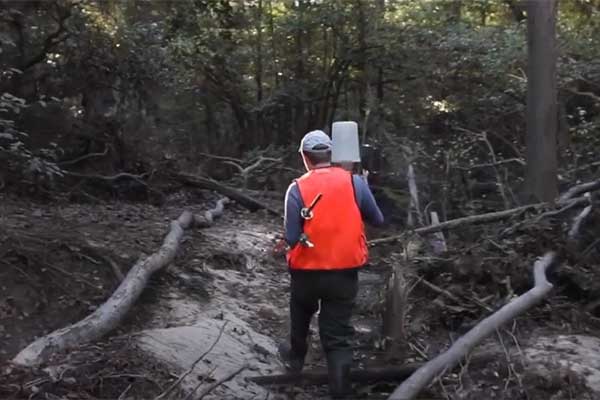About
A collaboratory is a center without walls in which researchers can perform their research without regard to a physical location — interacting with colleagues, employing instrumentation, sharing data and computational resources, and accessing information in digital libraries in a collaborative manner.
The North Carolina Collaboratory was established in the summer of 2016 by the North Carolina General Assembly for the purposes of facilitating the dissemination of the policy and research expertise of the University of North Carolina System and other institutions of higher learning across the State for practical use by state and local government.
This authorization allows for the Collaboratory’s portfolio to have a broad scope in areas that may utilize academic policy support, including investigations based on science, law, economics, and public health. As part of its mandate, the Collaboratory has been directed to facilitate and fund research related to the environmental and economic components of the management of the natural resources within the State of North Carolina and of new technologies for habitat, environmental, and water quality improvement. In addition, the Collaboratory has a significant COVID-19 research portfolio with more than 90 projects supported by $74 million in funding from the North Carolina General Assembly.
Mission
The Collaboratory facilitates and funds research related to the environmental and economic components of the management of natural resources and public health concerns. The Collaboratory’s work is focused within the State of North Carolina and is designed to inform the policymaking process with the latest research findings and relevant data.
The Collaboratory develops and disseminates relevant best practices to interested parties, leads and participates in projects across the State related to environmental quality, natural resource management, and public health, and makes recommendations to the North Carolina General Assembly.
NC PFAS Testing Network
 The North Carolina Per and Polyfluoroalkyl Substances Testing (PFAST) Network is a statewide research collaboration to test for current levels of PFAS chemicals in drinking water and air samples across the state. The Network comprises Principal Investigators from NC State, Duke, UNC-Chapel Hill, UNC Wilmington, UNC Charlotte, ECU, and NC A&T who have received NC General Assembly funding through the NC Policy Collaboratory.
The North Carolina Per and Polyfluoroalkyl Substances Testing (PFAST) Network is a statewide research collaboration to test for current levels of PFAS chemicals in drinking water and air samples across the state. The Network comprises Principal Investigators from NC State, Duke, UNC-Chapel Hill, UNC Wilmington, UNC Charlotte, ECU, and NC A&T who have received NC General Assembly funding through the NC Policy Collaboratory.
The NC PFAST Network was created in response to a legislative mandate and funding by the North Carolina General Assembly to help answer questions about exposure to PFAS chemicals throughout NC. The General Assembly asked that the “profound, extensive, and nationally recognized faculty expertise, technology, and instrumentation existing within the Universities of North Carolina at Chapel Hill and Wilmington, North Carolina State University, North Carolina A&T State University, Duke University, and other public and private institutions of higher education located throughout the State should be maximally utilized to address the occurrence of PFAS, including GenX, in drinking water resources.”
Research

Doing COVID-19 Dirty Work
Preliminary results from a state-wide collaboration have shown that by using wastewater, researchers can identify COVID-19 hot spots five to seven days before they are reflected by clinical testing results.

UNC Researchers Successfully Remove PFAS Chemicals from Water
PFAS, or per-and poly-fluoroalkyl substances, are a family of over 5,000 chemicals. They are byproducts in the production of everyday items like Teflon, food packaging, stain-resistant fabrics, firefighting foam, and even makeup.

The Known Unknowns
The impact of PFAS on human health is largely unknown. Scientists from multiple North Carolina universities are researching dangerous chemicals found in drinking water sources across the state.
